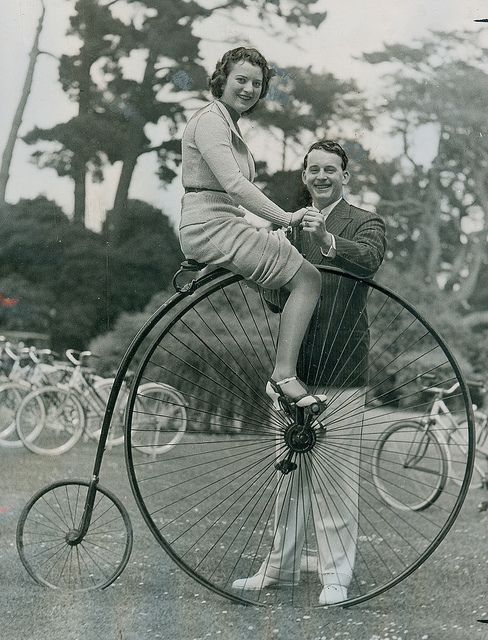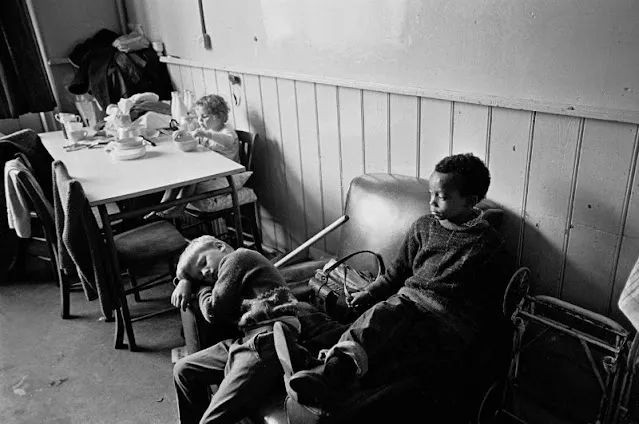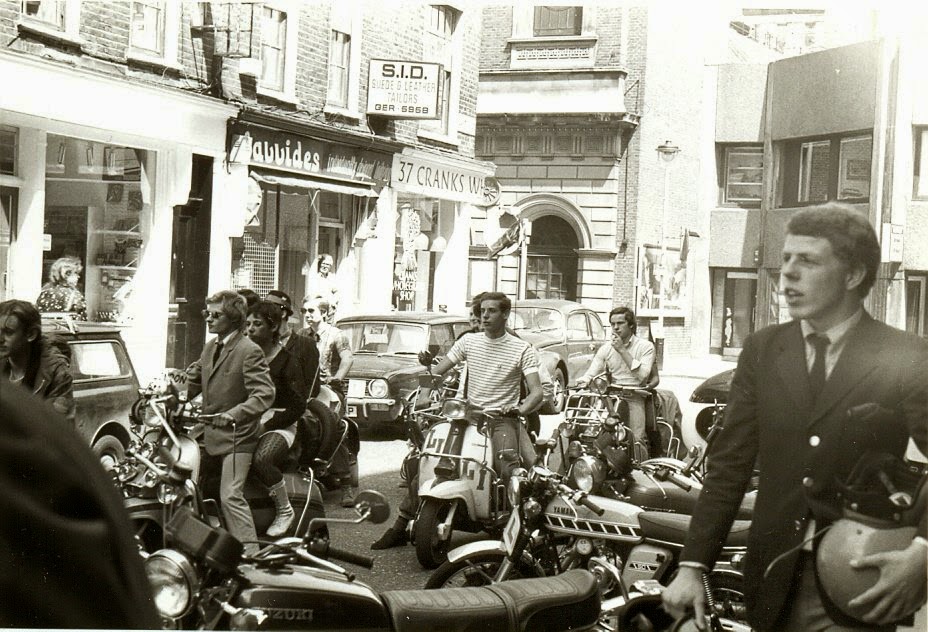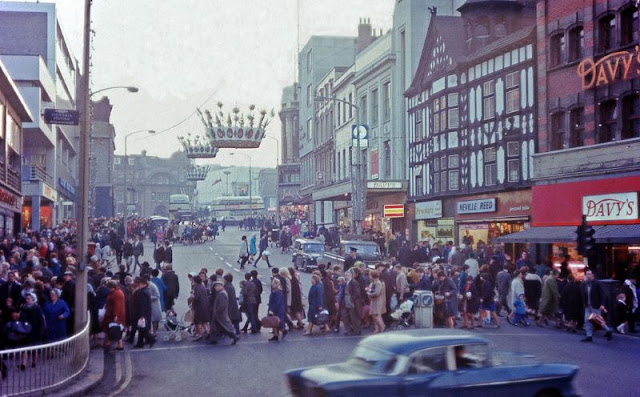In 19th-century England, bicycles became symbols of progress and individual freedom. Among the distinctive bicycles of the era was the Penny Farthing, an icon from the years 1850 to 1890.
With its large front wheel and small rear wheel, the Penny Farthing presented a striking and unique appearance. This design allowed riders to travel quickly and achieve higher speeds compared to other types of bicycles. Despite its allure, controlling the Penny Farthing required caution and skill, and it was often seen as a symbol of bravery and daring.
During this period, Penny Farthings were commonly used by sports enthusiasts and the aristocracy. Owning a Penny Farthing was considered a sign of prosperity and social status. However, due to its high cost and challenging handling, the Penny Farthing was not widely accessible to the general public.
Although it existed for a relatively short time, the Penny Farthing left a lasting mark on the history of bicycles. It symbolized both technological and cultural progress in the early days of cycling, as well as individuality and character.

|
| A woman riding a classic penny farthing bicycle, Toronto, 1930 |
 |
| Bathing ladies on a penny farthing, ca. 1930s |

|
| Bicycle racer Elsa von Blumen on her penny farthing |
 |
| Frances Pidgeon on a penny farthing bike, 1956 |
 |
| Grace Bradley on her penny farthing |
 |
| Grace Bradley rides on a penny farthing bike |
 |
| Lynne Carver riding a penny farthing bike while Jo Ann Sayers walking with a bike |
 |
| Marilyn Monroe on a penny farthing bike, 1949 |
 |
| Riding a penny farthing in a skirt and heels, 1930 |
 |
| Riding a penny farthing in Hollywood, 1927 |
 |
| Shirley Grey riding a penny farthing |
 |
| Two female circus performers riding on their penny farthing |
 |
| Victorian beauty riding on a penny farthing, ca. 1890s |
 |
| Woman riding a penny farthing |
 |
| Woman riding a penny farthing, ca. 1890s |






































